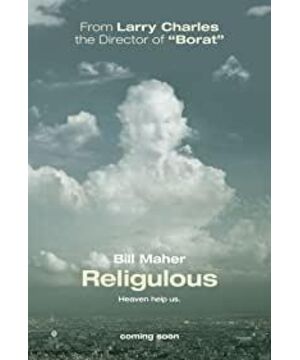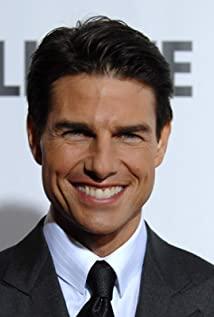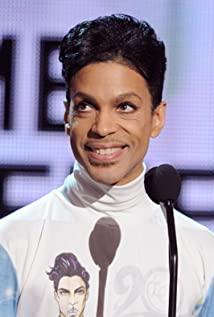he primarily interviews people believing in Christianity and Islam. as usual, he talks with his sharpness, which always causes pause, embarrassment and anger on the part of the interviewees. Their facial expressions are fully captured. Some of them wanted to hide their displeasure and retain composure but was not doing a good job. It is a mystery to me, why these people agreed to the interview in the first place, maybe they believe in their faiths so much and thought they could convince Bill instead -- or simply they wanted to appear open-minded and prone to free speech. i actually admire their courage (or ignorance).
Bill also interviewed some folks from other religions and cults. Buddhism was not mentioned -- probably because of his lack of understanding or because of Buddhism's lack of establishment in US or both....or rather, Buddhism is more of a philosophy than a deity-worshiping religion.
this documentary's message is also conveyed by juxtaposition of other movie clips to make the religion, as the title indicates, ridiculous.
Doubt is humble and brave. Faith is easy.
ps. The only religious guy that is not ridiculous is actually the senior Vatican priest Father Reginald Foster. He is funny but not ridiculous. He's got common sense A wiki search turns out he is American and specialized in Latin.
View more about Religulous reviews











